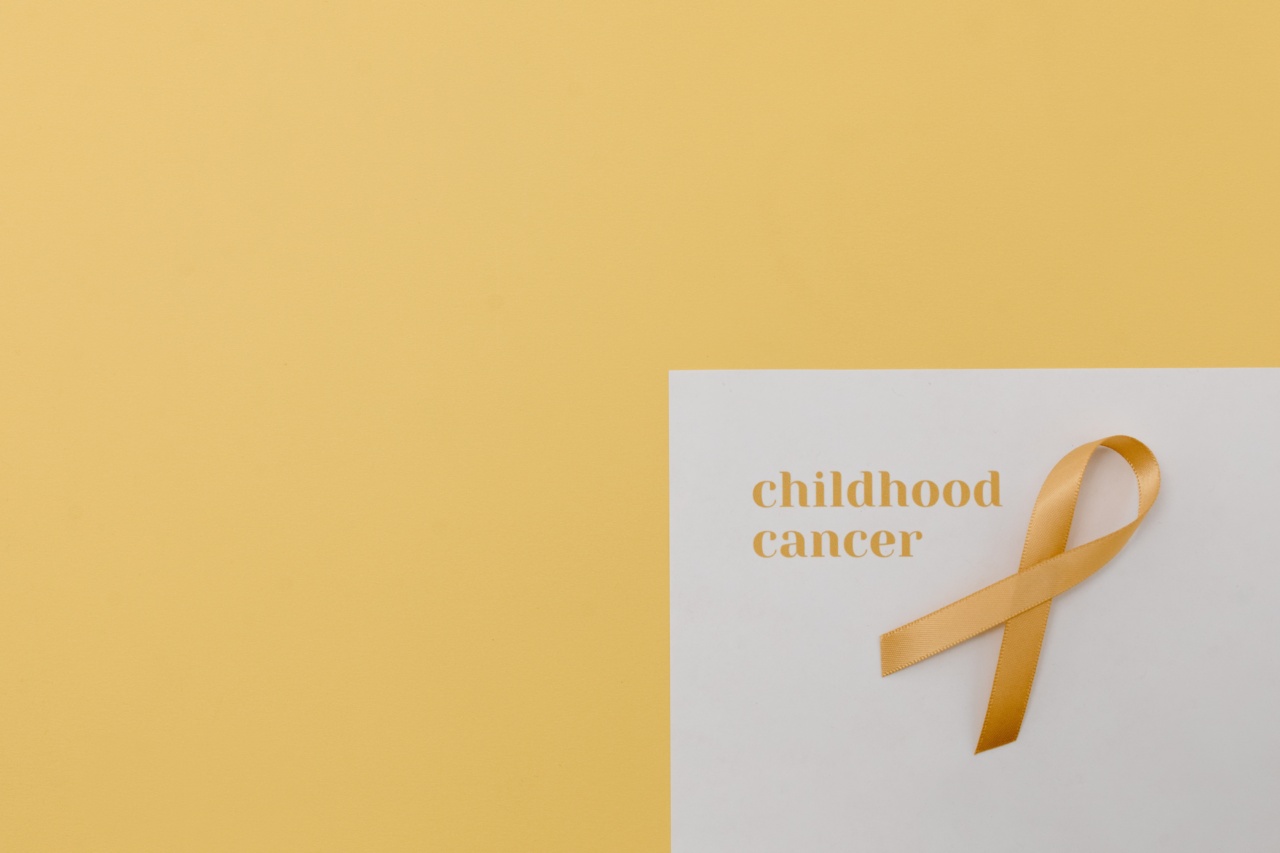IVF or in vitro fertilization is a treatment option for infertility, where the sperm and egg are fertilized outside the body before being implanted into the uterus.
Since the birth of the first IVF baby in 1978, this method has been increasingly utilized to help couples struggling with fertility issues. Although this technique has proven successful for many couples, some studies have raised concerns about the link between IVF and higher rates of childhood cancer.
In this article, we will explore the evidence behind these claims and whether IVF poses a risk to infants.
What is Childhood Cancer?
Childhood cancer refers to any cancer that occurs in children under the age of 18. Leukemia, brain tumors, and lymphoma are the most common types of cancer in children.
In the United States, childhood cancer has an incidence rate of 1 in 285 children, making it a significant health concern.
What is IVF?
As mentioned earlier, IVF or in vitro fertilization is a treatment option for infertility. The process involves stimulating the ovaries to produce multiple eggs, which are then retrieved and fertilized with sperm in a laboratory.
The fertilized eggs or embryos are then allowed to grow for 3 to 5 days before being transferred to the uterus.
There are several factors that may lead to infertility, including blocked fallopian tubes, endometriosis, and low sperm count. IVF may be recommended if conventional treatments have failed to result in a successful pregnancy.
Is IVF Linked to Childhood Cancer?
The concern that IVF may increase the risk of childhood cancer has been raised by several studies over the years. A study conducted in Sweden compared the cancer rates of children who were born through IVF to those who were conceived naturally.
The results showed that children who were conceived through IVF had a slightly higher risk of cancer, particularly cancer of the blood and nervous system.
Another study conducted in the UK found that children born through IVF were at a slightly increased risk of developing certain types of cancer, including liver cancer, brain cancer, and leukemia.
However, it is important to note that the absolute risk of childhood cancer is still relatively low, even among children born through IVF.
In fact, the overall risk of developing cancer is only slightly higher among IVF babies compared to those conceived naturally. Furthermore, the link between IVF and childhood cancer is still not entirely clear, and more research is needed to confirm the association.
Why Might IVF Increase the Risk of Childhood Cancer?
The exact reasons why IVF may increase the risk of childhood cancer are still unclear. Some researchers suggest that the manipulation of embryos during the IVF process may damage the genetic material of the cells, leading to an increased risk of cancer.
Others speculate that the hormones used to stimulate the ovaries may play a role in the development of cancer.
It is important to note that the majority of children born through IVF do not develop cancer, and the absolute risk remains relatively low.
Furthermore, advancements in IVF techniques and technology may help to reduce any potential risks associated with the procedure.
Is IVF the Only Factor Associated with Childhood Cancer?
It is important to note that IVF is not the only factor associated with childhood cancer.
Several other factors have been shown to increase the risk of cancer in children, including exposure to radiation, genetic predisposition, and certain environmental and lifestyle factors.
Furthermore, early detection and treatment can greatly improve the chances of survival for children with cancer.
Therefore, it is important for parents to be aware of the signs and symptoms of childhood cancer, such as persistent fevers, unexplained bruising or bleeding, and lumps or bumps.
Conclusion
The link between IVF and childhood cancer is still not entirely clear, and more research is needed to confirm any potential association.
While some studies have shown a slightly increased risk of cancer among children born through IVF, the absolute risk remains relatively low. Furthermore, a number of other factors can increase the risk of cancer in children, and early detection and treatment can greatly improve outcomes.
Therefore, parents should not be overly concerned about the potential risks associated with IVF, but should instead focus on maintaining a healthy lifestyle and seeking appropriate medical care as needed.






























